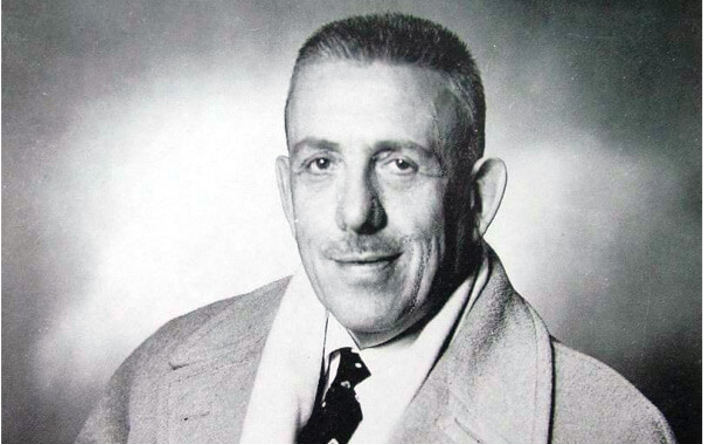


French pianist and composer with an important contribution to French music after World War I. His compositions include almost all classical music genres, the most important being the opera "Les dialogues des Carmélites", the "Sextet" for piano, "Organ Concerto" and "Oboe Sonata".
He was raised comfortably in a wealthy family and was expected to follow his father into the family pharmaceutical firm, so he was not allowed to study music, although he had started piano lessons with his mother from the age of 5. To a large extent, he was self-taught in music composition as his family did not support his becoming a musician. But following his parents' death in his late teens, he freely followed his passion in music.
Poulenc was as famous for his music as for his personal life. He was an unorthodox and unconventional individual. His biographer Roger Nichols talks about Poulenc's contradictions: between heterosexuality and homosexuality, between popularity and profundity, between conservatism and modernity in music. Poulenc was described as a "half monk, half thug". After making an unsuccessful marriage, he fathered an illegitimate child with another woman, raised as his god daughter. Poulenc "adored women but loved men". He was one of the the first openly gay composers but also had relationships with women.
Poulenc was also deeply affected by the death of his close friends. In 1936, following the death of his friend Pierre Feroud, he was led to the rediscovery of the Catholic faith and started composing religious music. But even then, his sacred music was quite provocative, with an impudent edge: his "Gloria" caused a scandal in church due to its irreverence.
Poulenc was a member of a group of 6 young composers ("Les Six"), supported by poet Jean Cocteau. This group was committed to turning music away from formality and intellectualism to simpler composition and rejected overstated emotion in music. They wrote less somber music, with jazz tunes. But although member of this group, Poulenc wrote music which combined wittiness and seriousness, as according to a critic "behind the loughs, there was melancholy".
He is considered one of the greatest melodists of the 20th century, his music combining elements of sensitivity, humour, neoclassicism, childhood nostalgia and virtuosity.